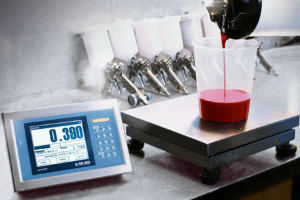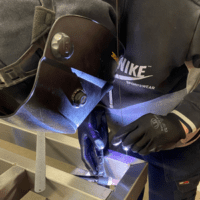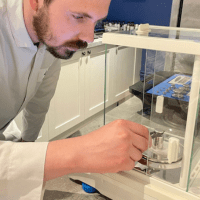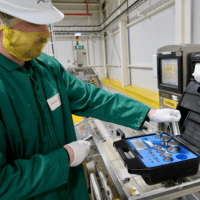NICE Endorses Groundbreaking AI Skin Cancer Device
In a landmark moment for artificial intelligence in healthcare, the National Institute for Health and Care Excellence (NICE) has officially endorsed DERM, an autonomous AI medical device developed by Skin Analytics, for use across the NHS in detecting skin cancer.
This recommendation not only marks a turning point for AI diagnostics but also promises to alleviate immense pressure on overstretched dermatology services and improve outcomes for patients across the United Kingdom.
DERM is now the only AI technology recommended by NICE following a rigorous review of multiple solutions. As the first dermatology tool to achieve a Class III CE marking under the European Medical Device Regulation, and the first to gain a positive recommendation through NICE’s Early Value Assessment programme, it stands at the forefront of safe and scalable AI medical diagnostics.
The NHS is facing critical strain, particularly in specialist care like dermatology. A leading Consultant Dermatologist commented on the severity of the crisis, emphasising the urgent need for solutions that are both safe and effective. This tool, now approved by regulators as safe, has the potential to reassure patients and reduce unnecessary hospital visits, they noted.
Already in use across 26 NHS sites, DERM has assessed over 165,000 patients, successfully identifying more than 15,500 cases of skin cancer.
Its performance is equally impressive in terms of accuracy – data shows it detects 97% of cancers, and boasts a Negative Predictive Value (NPV) of 99.8% for melanoma. This means that DERM matches, and in some cases exceeds, the ability of experienced dermatologists in safely ruling out cancer.
One of the most impactful aspects of DERM is its role in triaging patients autonomously. By identifying low-risk cases, it has the potential to discharge up to 40% of urgent referrals without the need for hospital-based review.
This could dramatically reduce waiting times, enabling clinicians to focus on the most critical cases – a crucial step in supporting the NHS 10 Year Cancer Plan, which aims to diagnose 75% of cancers at stage one or two by 2028.
Speaking on the wider implications of this endorsement, the CEO of Skin Analytics stated that NICE’s endorsement signals the readiness of medical-grade autonomous AI to play a foundational role in modern healthcare. This is just the beginning of what AI can do to support patients and overstretched clinicians.
Indeed, NICE’s recognition of DERM sets a benchmark for how AI technologies can be safely and responsibly deployed in healthcare.
It offers a scalable, evidence-based solution to some of the most pressing challenges in the NHS today – improving diagnostic pathways, easing clinician burden, and, most importantly, saving lives through earlier detection.
Conclusion
The endorsement of DERM by NICE represents a defining moment for the integration of artificial intelligence into frontline healthcare. With exceptional accuracy, proven clinical safety, and the ability to dramatically ease NHS service pressures, DERM is not just a technological advancement – it is a blueprint for the future of diagnostics.
As AI continues to evolve, this milestone shows how innovation, when rigorously assessed and responsibly implemented, can become a cornerstone of sustainable, patient-centred care.
News Credit: Nice recommends first AI medical device for skin cancer diagnosis in the NHS
Things you may also like:











